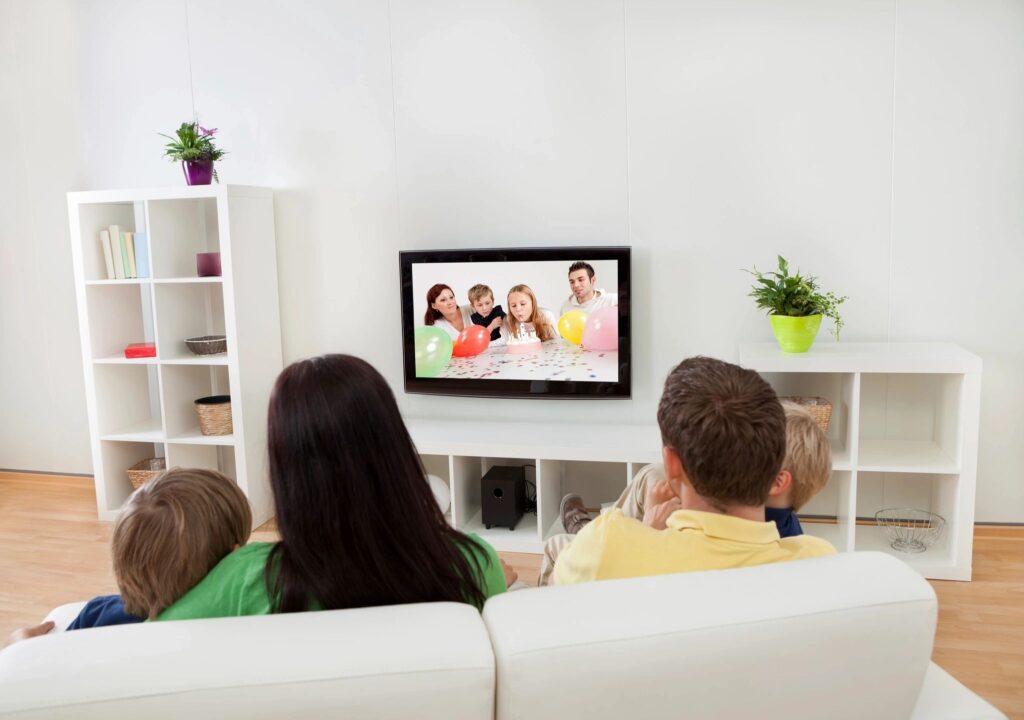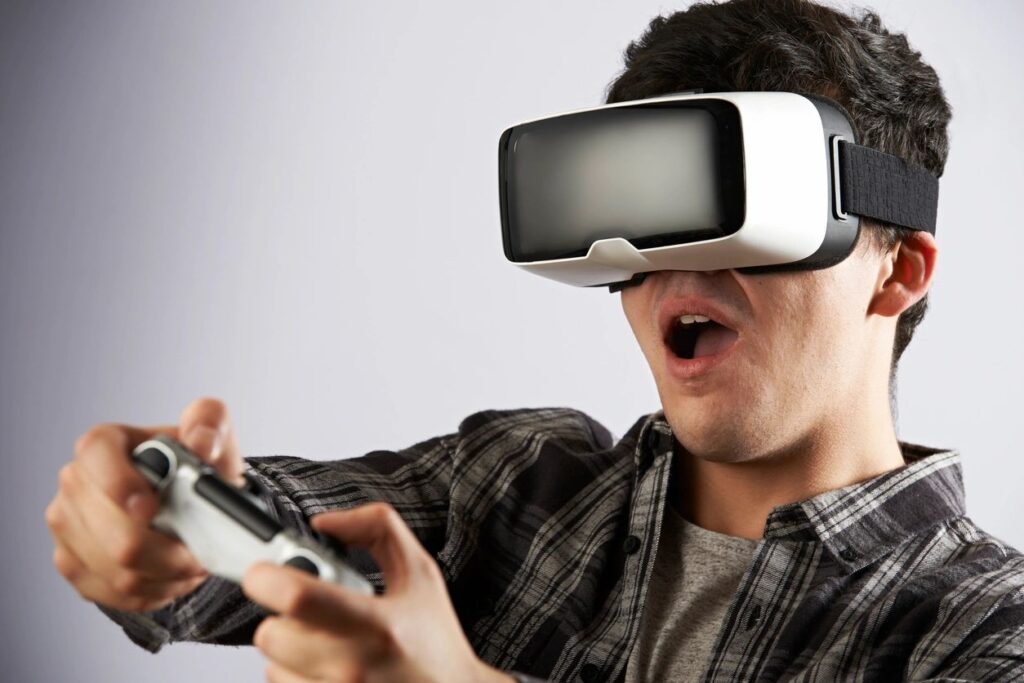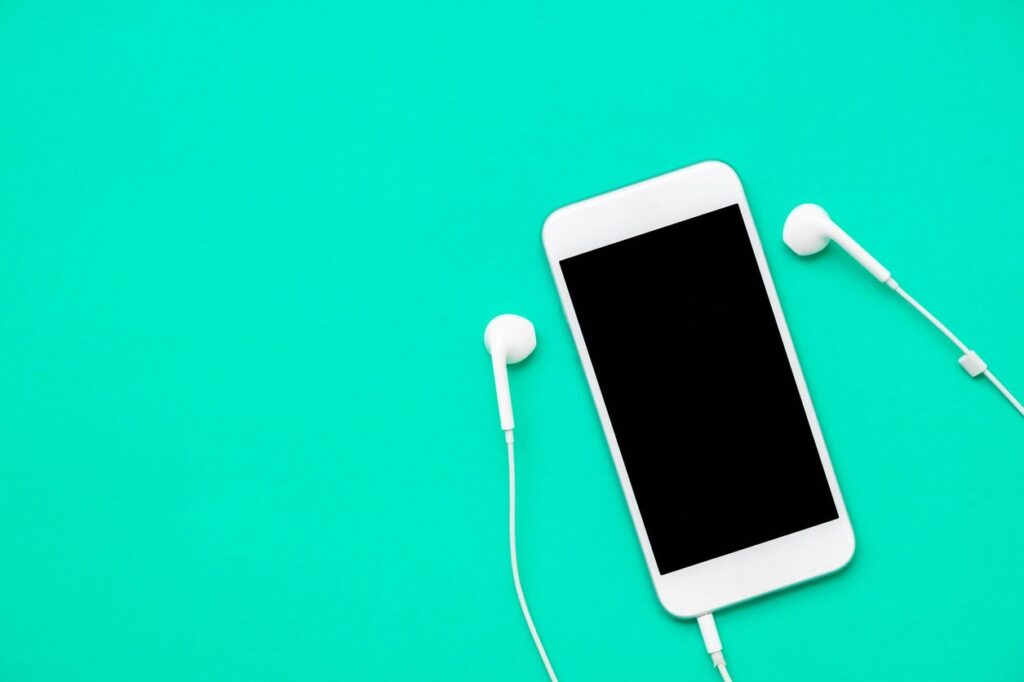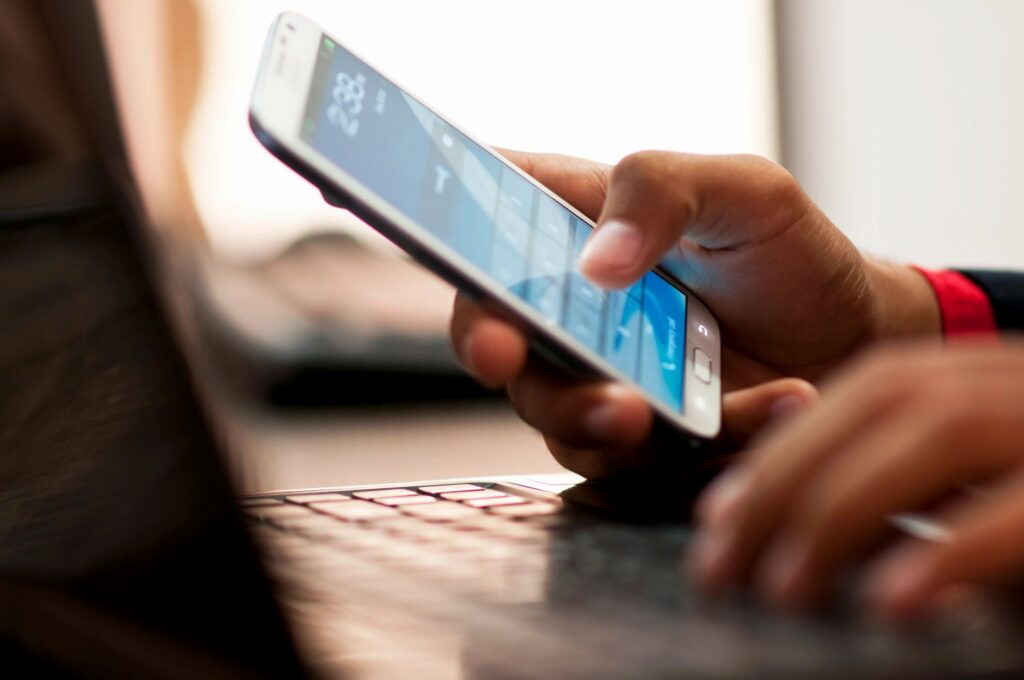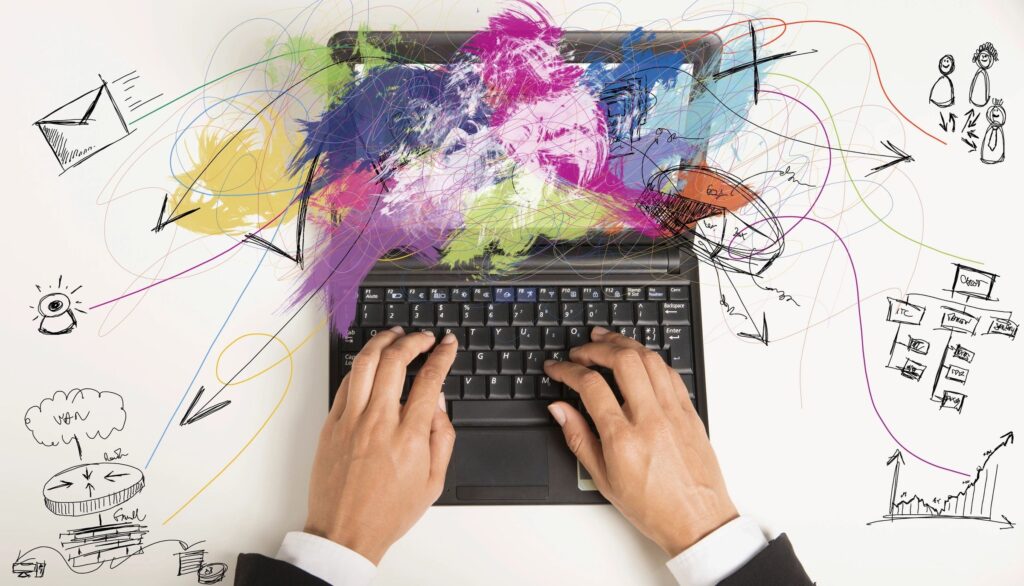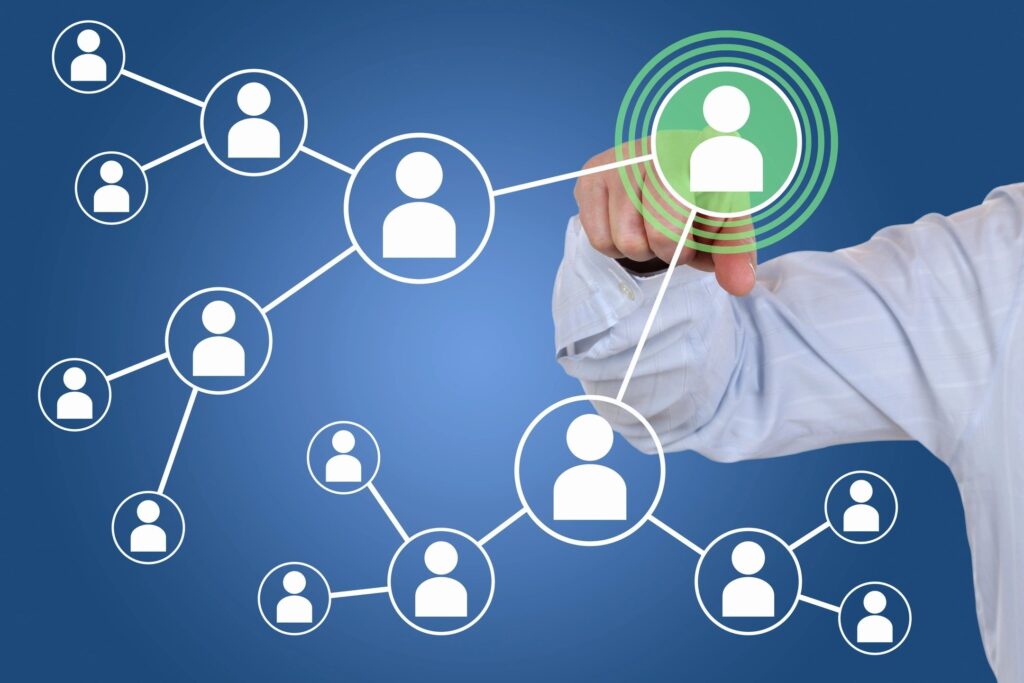Media Psychology & Technology
The Psychological Similarities Between Professional Gamers and Baseball Players
Some day soon, the Olympic Games may have video games on the schedule. “But video games aren’t a real sport,” you cry. And yet, besides the obvious analogy between video games and traditional sports in terms of competitive skill, a new study from researchers in South Korea suggests striking psychological similarities between pro gamers and…
Read MoreHow Different Types of TV Viewing Relate to Children’s Language Skills
Something you never hear anyone say is “children these days don’t watch enough TV.” Indeed, a 2017 report found the average child in the US who is 8 years old or less has more than two hours of screen time a day, with a good chunk of that going into television viewing. You might suspect…
Read MoreExposure Therapy in Virtual Reality
Virtual reality technology has created a possibility for entirely new types of therapy. An interesting angle psychology researchers have been exploring for the past several years is how people’s experiences in virtual reality can change their attitudes and behaviors in actual reality. Research on this theme has suggested, for example, that experiences in virtual reality…
Read MoreInternet Haters Might Be Psychopaths
Spend much time on the internet, and you’ll see that online comment sections can easily degenerate into a swirling, toxic stew of humanity’s worst impulses. Which makes them a perfect subject of study for psychologists. A new study in the journal Frontiers in Psychology picks up on the theme of comment section psychology by looking…
Read MoreA Text-Message Treatment for Social Anxiety
Online interventions are a promising new way of providing mental health support, as I’ve written about before. And the logical conclusion of that idea is that if we can treat mental health conditions over the internet, why not over text messaging too? A new study titled Text Message Safety Behavior Reduction for Social Anxiety suggests…
Read MoreSwitching Off Your Phone Half an Hour Before Bed Might Improve Sleep, Memory
I’m not going to bother telling you not to use your phone before bed. Partly because you’ve probably heard that advice before, and partly because it would be hypocritical of me to do so! But I am going to highlight the results of a study that shows what might happen to people who do and…
Read MoreIn Neighborhoods With Faster Internet, Children Feel Worse About Their Lives
Who wouldn’t want a faster internet connection? Kids who want to feel good about their lives, maybe. A new analysis of data from 6,300 children carried about by researchers at University of Sheffield has come up with the finding that in neighborhoods with faster broadband speed, children and teenagers report feeling worse about their lives.…
Read MoreIs Your Phubbing Hurting Your Kids?
“Phubbing” is an invented word for a phenomenon we all know to be quite real: the act of snubbing someone by burying your face in a smartphone. Psychologists have previously tied phubbing to worse mental health and less social connectedness. Now, a study adds evidence that phubbing can be bad for families too, with parents’…
Read MoreWhat Search Trends Tell Us About Anxiety
There are different ways people might choose to cope with anxiety. Talking to a mental health professional. Taking up meditation. Or maybe, Googling it! A new study from researchers in Australia and Hong Kong suggests that a lot of people who are feeling anxious take to Google to learn more about anxiety, and that fluctuating…
Read MoreEmoji Use Correlates With Dating Success
With the rise of smartphones and online dating, texting with potential dates has become an important part of seeking out a relationship. Now, a new study suggests that having a good emoji game goes together with dating success. In a series of experiments, researchers at Indiana University and Lake Forest College surveyed people about their…
Read More
